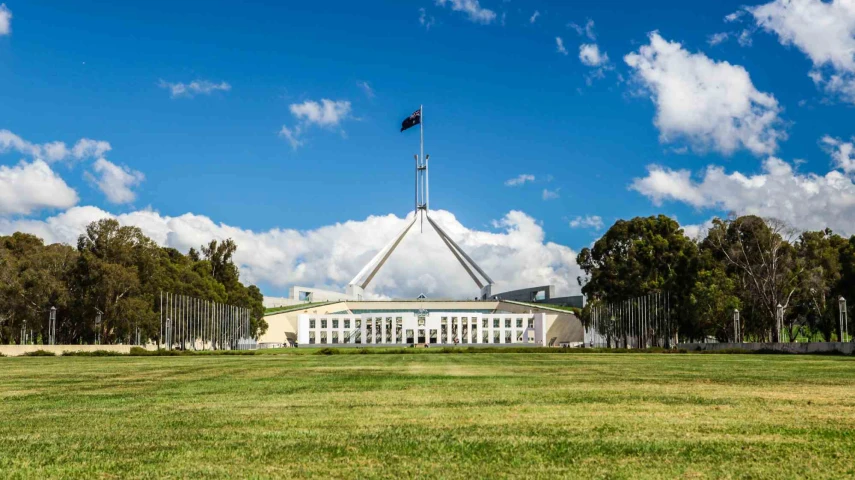FAAA pushes ‘financial services razor-gang’ ahead of election



The Financial Advice Association Australia (FAAA) has put a reduction in red tape and further support for new entrants on its priority list for an incoming government.
With just over three weeks until the federal election on 3 May, the industry body said it has five key asks for the next government, which were developed off the back of a member survey.
Namely, these are to:
- Fix the Compensation Scheme of Last Resort (CSLR).
- Provide adviser access to the ATO portal.
- Deliver effective Delivering Better Financial Outcomes (DBFO) reforms and implement a standardised fee consent form.
- Instigate a financial services razor-gang to cut red tape.
- Support new entrants to the financial advice profession.
The FAAA is engaging with politicians and other industry stakeholders, it stated, including contacting every candidate in Australia to seek their commitment on these five priorities.
Sarah Abood, chief executive of the association, urged the future government to take “substantive steps” to fix the current crisis plaguing the profession.
“The events of the past few years have highlighted the importance of quality professional financial advice for all Australians. While well-intentioned, much of the legislation introduced since the Hayne royal commission has not hit the mark,” she argued.
“It has ultimately served to drive up the cost of advice and made it more difficult for people to get the advice they need at an affordable price to manage their increasingly complex financial needs.”
Honing in on the fourth priority, Abood said excessive red tape and regulation in the financial services sector has contributed significantly to the cost of receiving professional advice.
Average ongoing fees charged per client stood at $5,500 per annum in 2024, according to Investment Trends, with the cost of advice being the most common reason why clients stop seeing their adviser, Netwealth recently found.
The CEO continued: “Many voices are calling for a tighter focus on cutting red tape in financial services, offering substantial benefits to both advisers and their clients.”
Earlier this year, Financial Services Council (FSC) chief executive, Blake Briggs, voiced at an industry event that the regulatory pendulum has “swung too far” over the last decade when it comes to financial advice, and it is appropriate to revisit some of Hayne’s recommendations.
“I would start with the fact that the regulatory pendulum for the superannuation, funds management and financial advice sectors has swung too far over the last decade – under successive governments,” he remarked.
“The Financial Services Royal Commission shone a light on, and addressed, some of the systemic issues in the industry. The royal commission, however, is not the sacred cow that it once was.”
The FAAA’s fifth priority – calling for additional support in strengthening new adviser numbers – is a longstanding ask for the association.
“We are also calling for greater support for new entrants to the profession, including a flexible education standard, financial support from the government for the employers of Professional Year (PY) candidates, and reducing the cost of doing the financial adviser exam,” Abood said.
“These measures would go a long way towards streamlining the process for those wanting to become a financial adviser.”
The industry group proposed these suggestions in its pre-budget submission in February, recommending the government make a payment of $10,000 to each financial advice practice that appoints a PY candidate.
If the government were to introduce this scheme with a cap of 1,000 places and a total cost of $10 million each year, this could double the number of new entrants joining the profession, the FAAA said at the time.
It also called for subsidies to be provided for the advice exam, which currently costs $1,500 per sitting. The latest adviser exam results, released last week, saw some 241 candidates sat the exam and 73 per cent of them passed.
The pass mark was less than 77 per cent achieved in November, which was the highest pass mark in two years, but substantially better than 62 per cent in August.
Recommended for you
AMP has cut its executive remuneration following shareholder pushback which sees chief executive Alexis George’s maximum-possible remuneration reduced by almost $1 million.
CoreData research has highlighted Australian financial advice practices are expanding beyond traditional financial advice and reinforcing the power of a professional network to build their service offering.
ASIC has suspended the Australian Financial Services Licence of a Melbourne-based financial advice firm.
South Australian financial advice firm Calder Wealth Management has announced a strategic partnership with a risk advice firm.















